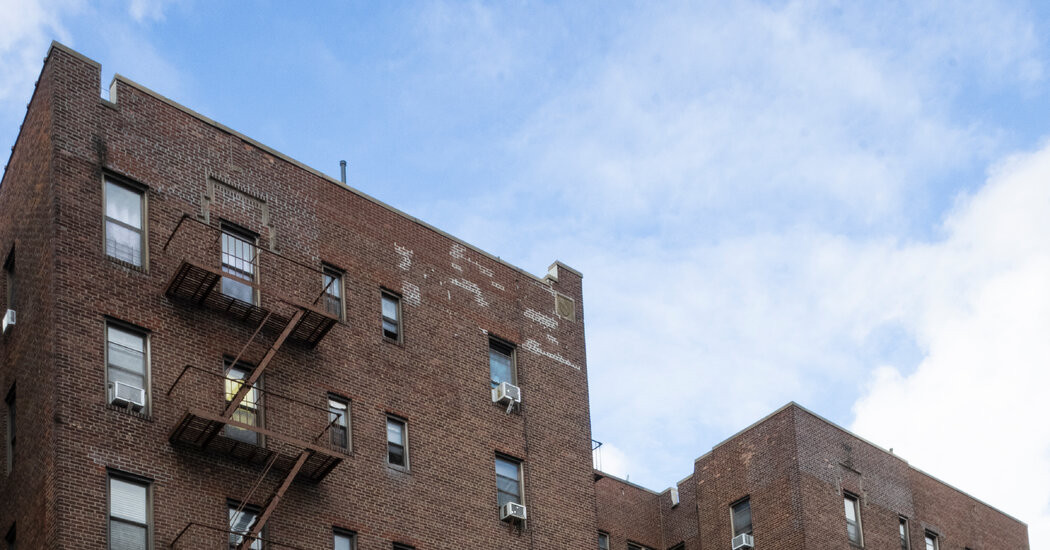

New York City could soon raise rents on some of its most affordable apartments to help landlords who say they aren’t earning enough. But renters say they’re hurting, too.
The landlords of New York City’s one million rent-stabilized apartments, an important source of affordable housing, often say they aren’t making enough money from rent to run their buildings. Some claim the situation is now so bad that it reminds them of the 1970s, when real estate values plummeted and owners abandoned thousands of buildings in low-income neighborhoods.
This is true, these landlords assert, even though a city panel has allowed them to increase their rents nearly 17 percent since 2014. The panel, the Rent Guidelines Board, is backing increases again this year, with a final vote expected later this month.
So why does a report released by the board in March suggest that these landlords are actually doing pretty well?
The report found that rent-stabilized landlords’ net operating income — revenue from rent, minus costs — was up 12.1 percent. The apparent contradiction has become a major talking point in the city’s mayoral race, in which affordability is a top issue and most of the Democratic candidates support a rent freeze. The decision of the panel, which is appointed by the mayor, can increase costs for some two million people.
So who’s right?
Net operating income, or N.O.I., takes into account the revenue a landlord gets from both residents and businesses in the building, minus costs that include maintenance, fuel, insurance and labor. It does not factor in property taxes or debt payments.
Still, the figure is one of the most important indicators of an apartment building’s financial health. Banks, investors and government officials often look at N.O.I. to decide whether a landlord should receive loans or subsidies.



